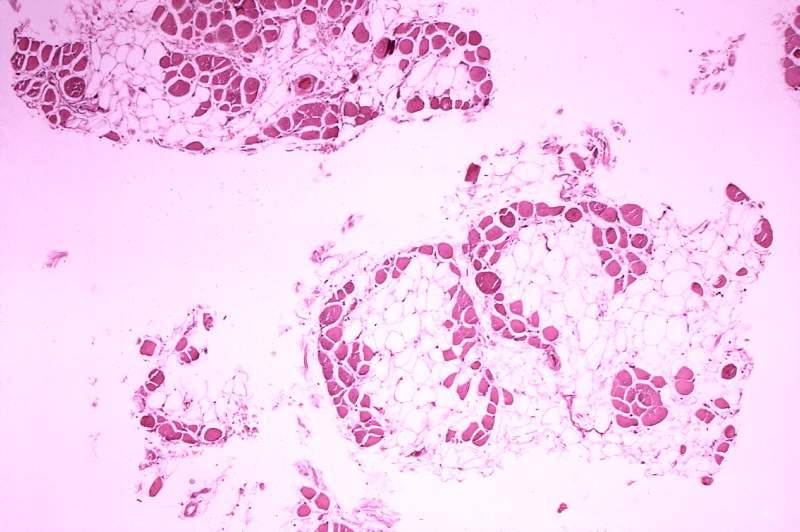
Antisense Therapeutics has received approval from Australia’s Royal Children’s Hospital (RCH), Melbourne Human Research Ethics Committee, to conduct a Phase II clinical trial of its ATL1102 in patients with Duchenne muscular dystrophy (DMD).
Under the trial, a single dose of 25mg of ATL1102 will be administered weekly to wheelchair-bound children with DMD who are aged from ten to 18 years and weigh between 25kg to 60kg.

Discover B2B Marketing That Performs
Combine business intelligence and editorial excellence to reach engaged professionals across 36 leading media platforms.
The trial’s primary objective is to establish the safety and tolerability of ATL1102 among the enrolled DMD patients.
During the trial, the potential efficacy of ATL1102 will also be investigated through ATL1102’s effects on important blood and imaging (MRI) markers of inflammation and muscle damage associated with DMD.
The trial features an extended six month dosing period to determine ATL1102’s potential to show an improvement in major clinical endpoints that are relevant to DMD disease progression, in addition to those of the type required for future product registration.
RCH neuromuscular fellow Dr Ian Woodcock and RCH Neurology Department director Monique Ryan are the principal investigators of the trial, which is expected to begin in the second quarter of this year.

US Tariffs are shifting - will you react or anticipate?
Don’t let policy changes catch you off guard. Stay proactive with real-time data and expert analysis.
By GlobalDataThe trial will be conducted at the RCH neuromuscular centre.
Dr Woodcock said: “Duchenne muscular dystrophy is a common, debilitating and ultimately terminal degenerative condition causing muscle inflammation and wasting.
“The approach of using ATL1102 to inhibit CD49d+ T cells to treat this inflammation is consistent with observations of international researchers and published studies.”
ATL1102 is an antisense inhibitor of CD49d, a sub-unit of very late antigen-4 (VLA-4).
The immunomodulatory therapy has reportedly demonstrated to be highly effective in reducing MS lesions in a Phase IIa clinical trial conducted in RR-MS patients.





